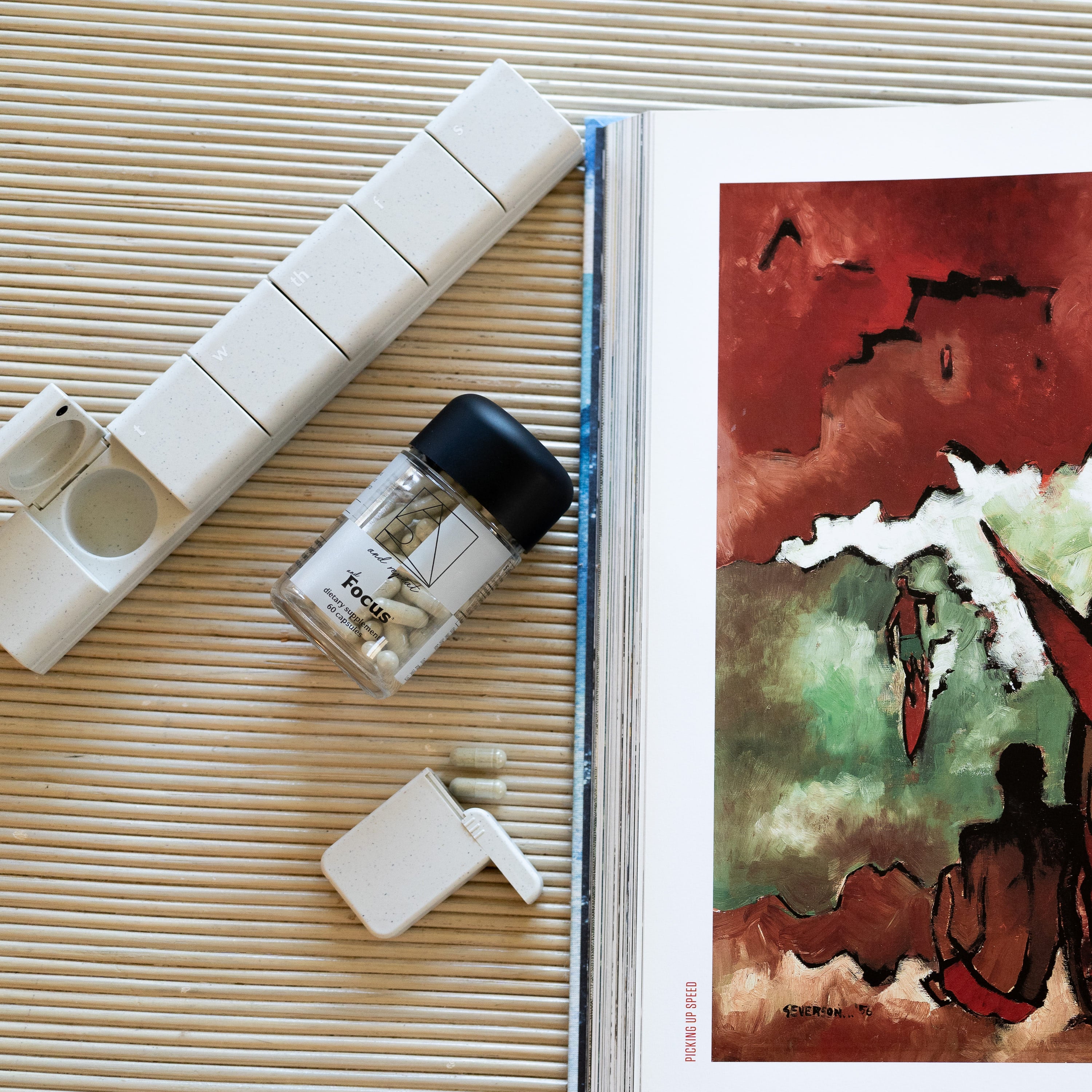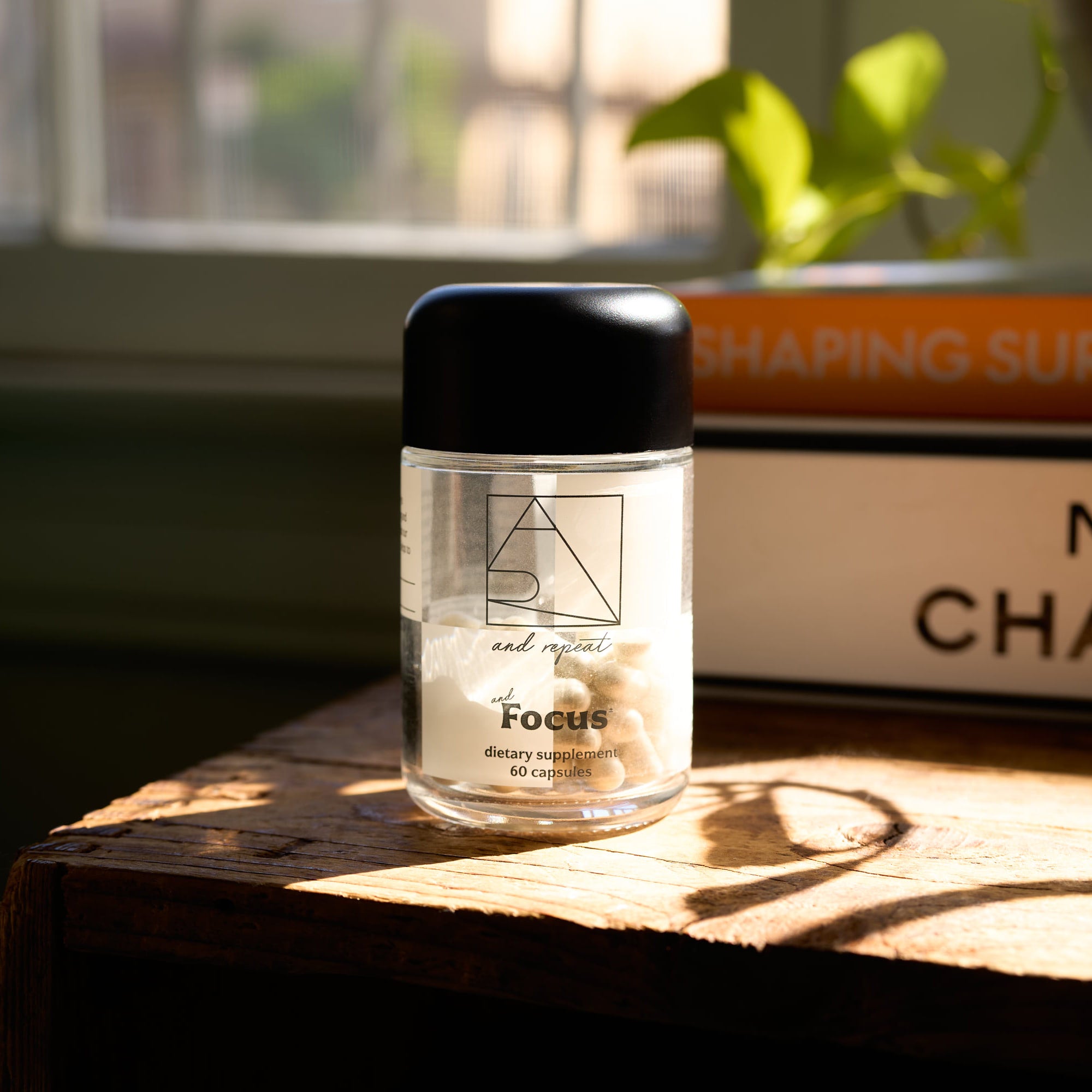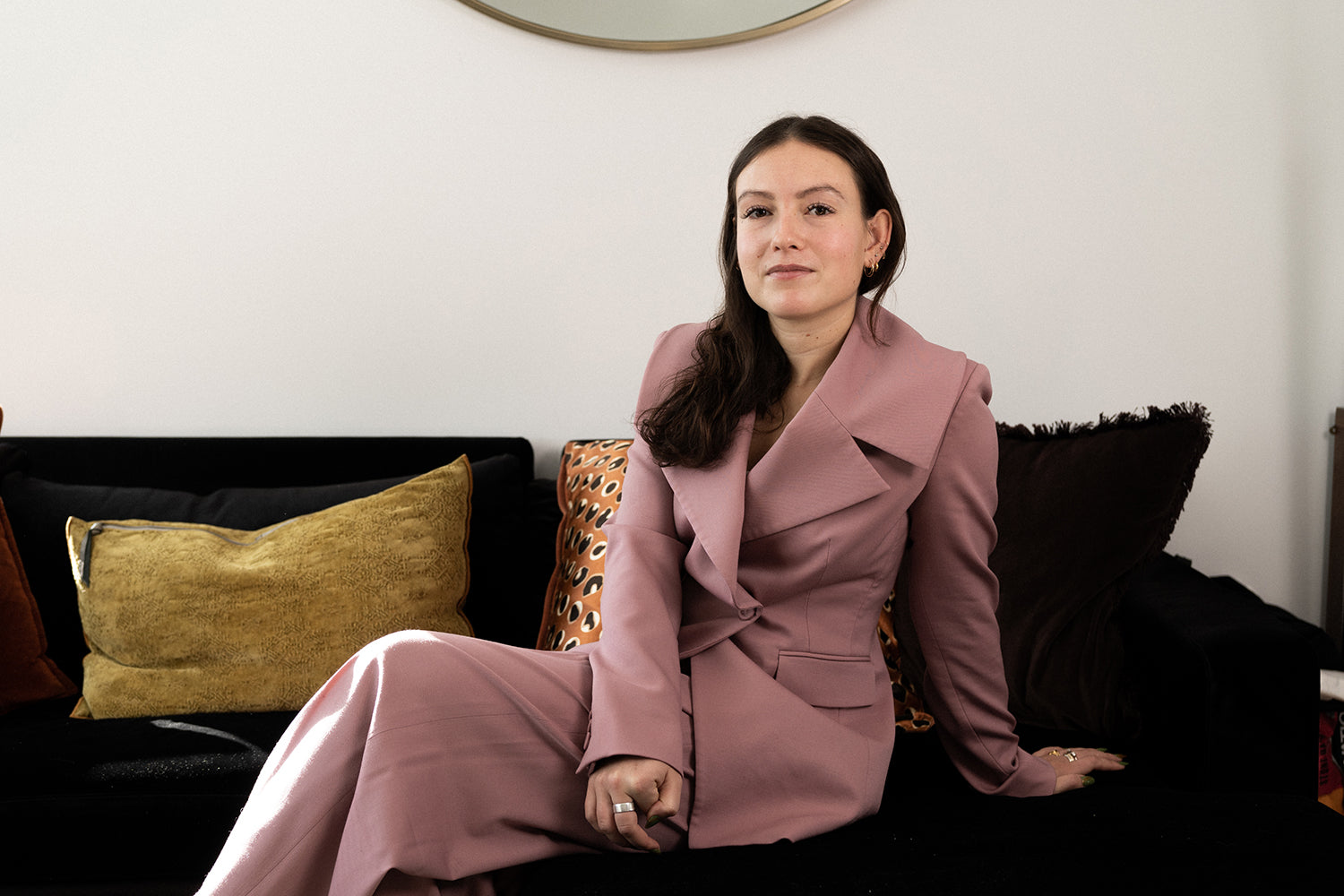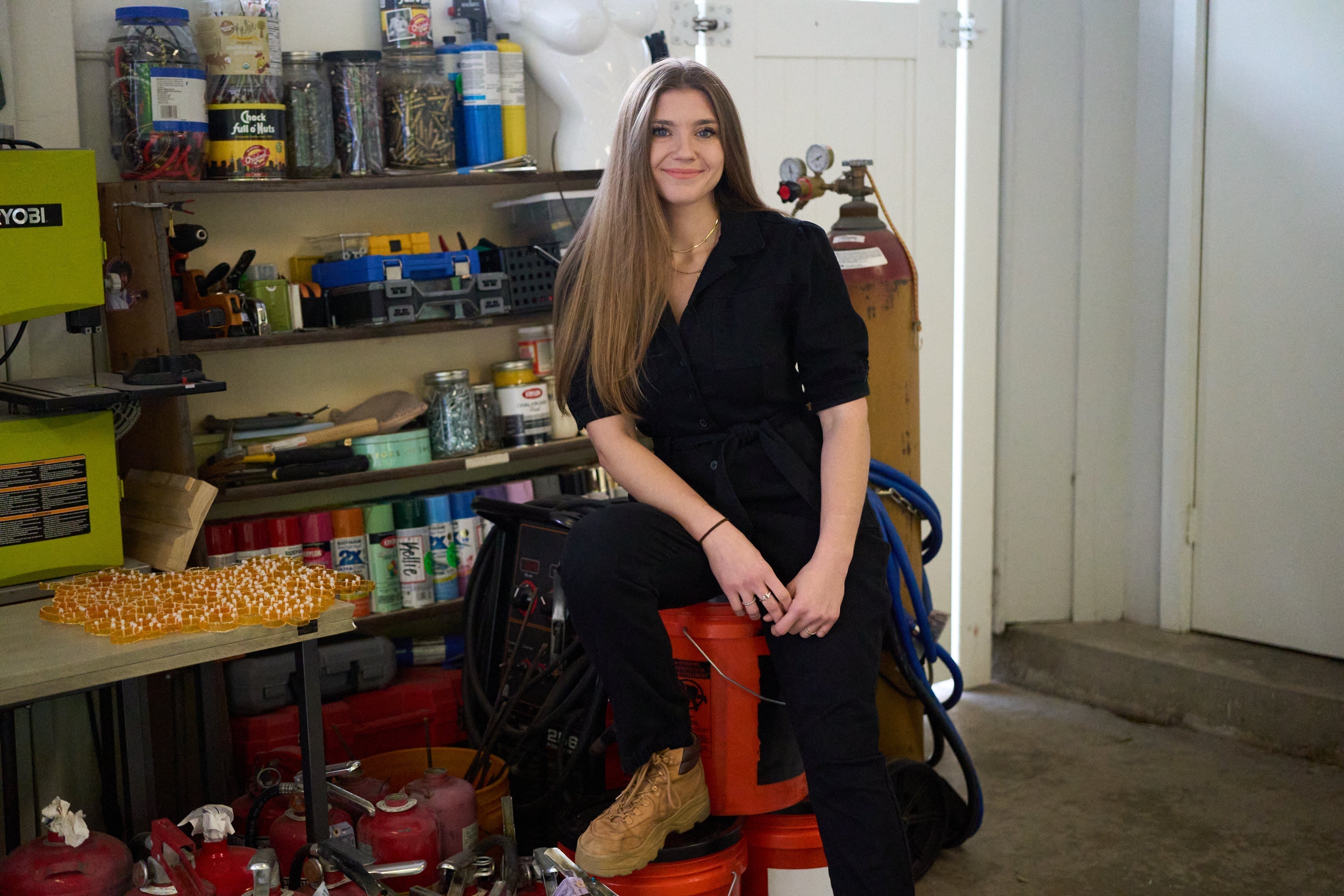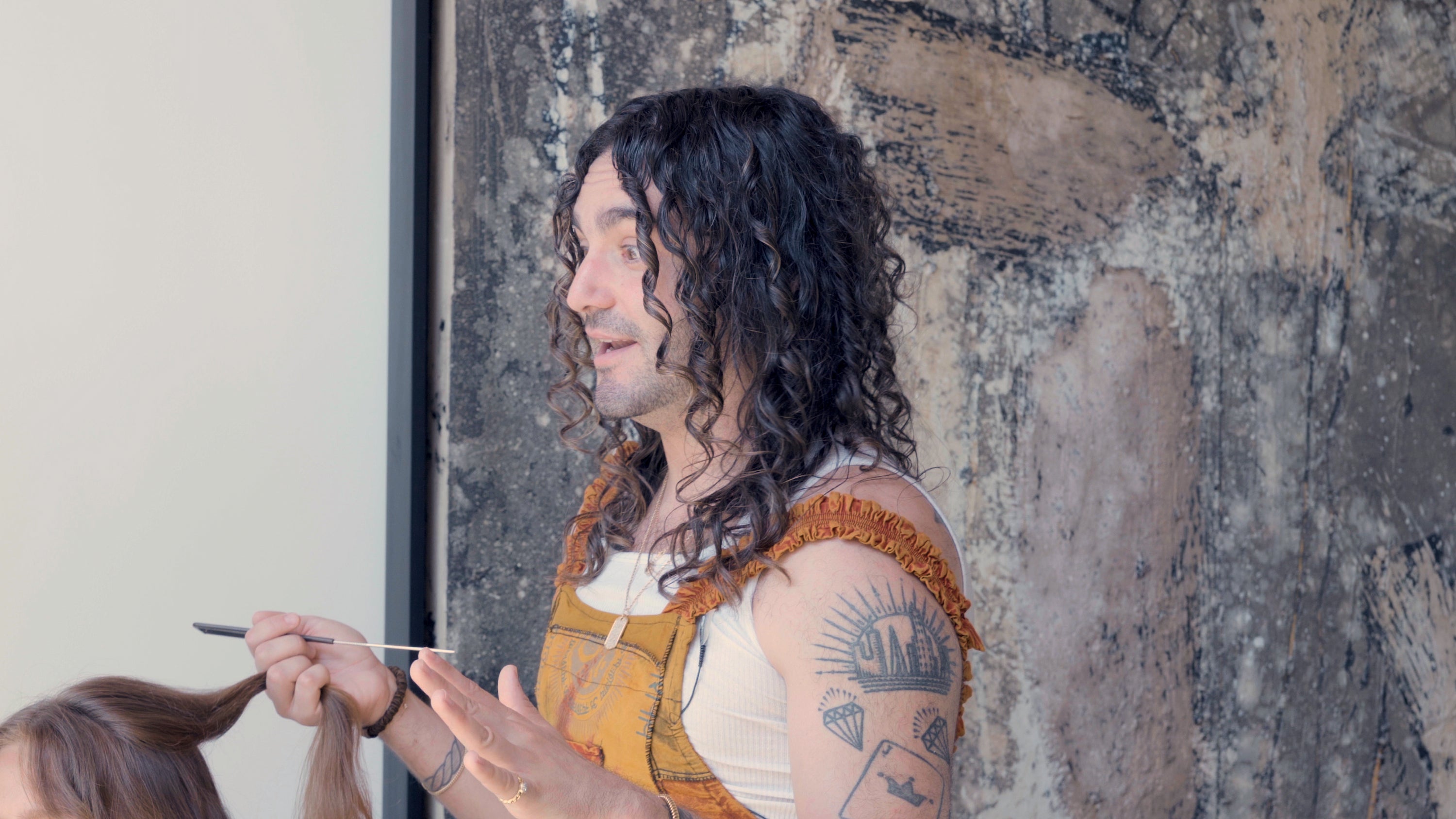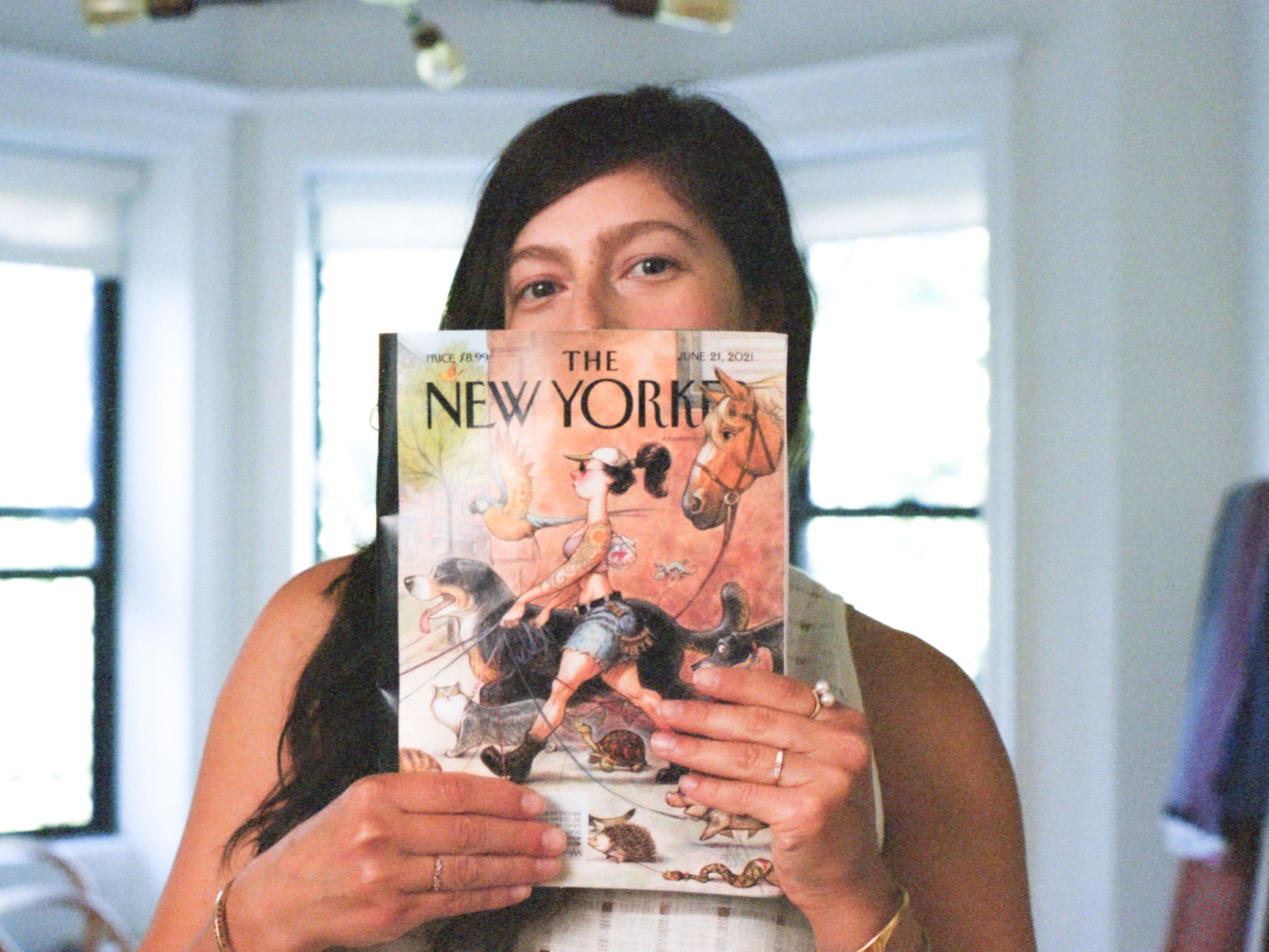The co-founder of Diem, who believes you don’t have to feel maternal or conform to traditional gender roles in society. Together, Emma and Jayme chatted about her experience with Plan B and how it led to launching her company, Diem, vulnerable conversations in the US versus the UK, and cancel culture and why we don’t let people evolve online when we allow them to evolve in real life.
You’ve been on the Internet for a long time, and I know that you launched a blog when you were 19, which you grew rapidly. So how has that impacted your mental health?
My honest answer is I’m so disassociated with my following or audience now that it’s kind of become something that’s normal to me. I don’t think about what I’m posting or how I’m posting as a result of who might be watching. It’s weird that there are technically 40,000 accounts, which could look at what I’m saying, but I’ve never let it affect me. And I think that’s because it was with me during my entire adult life since I was 19 years old. The way I edit photos has changed, the clothes that I wear have changed, the work that I do has changed. And they literally could have followed me for the last 10 years and I have no idea who they are.
You’ve been building Diem, your company, a new type of social network, and it’s rooted in vulnerable conversations. So what was the impetus to launch that?
The idea came when I had to take the morning-after pill for the first time. I had never taken it before and I ended up in a classic internet spiral. I thought, what is going to happen? Am I going to have really bad side effects because I had really bad side effects with birth control pills before? I was searching for not only factual information, but rather validation. I was searching for people’s stories and people’s experiences. It’s almost like when you read the review of a product and there are 100 reviews versus two; you’re going to trust the 100 reviews. And that’s very normal behavior in every area of life, especially when you’re questioning something or trying to understand something that’s very personal to you or your personal health experience. That’s where the first idea came from.
I thought, why can’t I find anything when I’m typing these questions into Google?
I’m coming up with forums where the last post was five years prior. I don’t like the interface of Reddit and I can’t find anything. And I was wondering how the Internet could look different or how a platform could look different if you could query the knowledge of entire communities with similar experiences.
I want to go back to Plan B. What was that experience like? It’s not something that’s spoken about when you have to rush and go get the pill. Did you feel any shame around it?
I didn’t feel shame. I didn’t even think twice about taking it. I definitely felt uncomfortable in CVS. I was working at Away at the time and I was really stressed in general that week. And I remember I went before work, or maybe at lunchtime, but the CVS used to be opposite the office. I went in and I thought, I know what I’m asking for, why do I feel uncomfortable asking for it. And I think it’s because when I was in the UK, whenever I took in friends to get it, they put you in a side room and gave you a talking to about why you would need to take it. So my only experience with people getting it was the thought of, oh my God, someone’s going to question whether I actually want this. And then, in America, I feel like they’re more prone to do that than they are in the UK. Abortion in the UK isn’t a big deal, for example, but I definitely felt uncomfortable asking for it over the counter.
So I took the medicine back into the office and I’m convinced that the packaging for Plan B is impossible to get into for a reason. It’s making you question your choices. There’s something there because the plastic requires you to have scissors. Then when you open the box and there are five different layers of cardboard, you have to unravel. And then the pill is right in the middle of all of it. I remember thinking I couldn’t go into the bathroom with a pair of scissors and attack this. So I decided, fuck it, I’m opening it at my desk. I don’t care anymore. I mean, you do what you have to do. There’s a lot of stigma around it, and in some ways, it’s not something that’s often spoken about.
At the time, my job at Away was predominantly women. So no one cared. And I’d basically surveyed the entire office of those who would talk to me about their experiences during this process. So I felt very comfortable.
With Diem, it’s rooted in vulnerable conversations. So being from London, are there vulnerable conversations happening over there? I feel like Europe is very different. Were you more closed off when you were living there and more open when you came to the US? What’s that experience been like?
It’s hard for me to pinpoint if I was more closed off because I moved here six months after I graduated from school. So I’ve been here for basically my whole adult working life. I think that when you’re younger, you have more shame or stigma or you’re not as confident in yourself to ask uncomfortable questions. I’ve definitely become more open and more vulnerable as I’ve gotten older and more open to having those trickier conversations. I love hearing my friends talking about sex stories. All of that sort of stuff is so fun. It’s such a bonding moment. So I don’t know whether it’s because of being in America or because I’ve gotten older and I’m now in America. But I do think that people here are far more receptive to bolder actions or being more yourself. Certainly, in New York, whereas in London, I never recognized it, but I’ve recognized it since being here.
You have your newsletter for Diem, which is also where you talk about really vulnerable things. So what has been one of the topics that you’ve loved the most? And also, what has been a topic that you were anxious or scared to put out and didn’t know how it would be received?
One I wrote was about not feeling maternal. And then I wrote about changing your name after you get married. They’re basically my favorite topics to bring up at dinner parties, and I was very excited to write about them. And the response was amazing. So many people shared their opinion, saying they feel this way, too. I thought I was the only person, or thank you for writing about this, or thank you for sharing it more publicly.
“I was most nervous about the one we wrote on how you can evolve online.”
It alluded to canceling culture and how we don’t let people move on. Most people have been online for at least 10 years in a public way. When you’re 18 or 19 posting stuff you haven’t learned about the world. Maybe you grew up in a bubble, or maybe you’re very self-conscious about certain things, which would definitely impact how you’d speak about other people. I was definitely nervous about writing my thoughts on letting people evolve online because we allow them to evolve in real life.
I want to circle back to shame, which I know you didn’t feel when you took Plan B, but is there anything that you feel shame or stigma around?
I do feel shame and stigma around traditional gender roles in society. I don’t care about being married, I don’t care about having children, at least at this point in my life. And I’m sure, at some point, maybe that will change. I wouldn’t be shocked if it did. I still feel uncomfortable sharing that with people. And that’s only because it’s not normal within society. I’ve never in my entire life felt maternal. There are some babies that maybe I’ve met where I think they’re cute, but I’ve never thought, I want a child. I’ve had lots of people say that’ll change when you get to be around 34. Maybe it will, but I’m 29 and don’t feel that way and shouldn’t have to be told that I will feel that way at some point in the future. Even if I still think that at 34 and it doesn’t happen, that’s okay.
